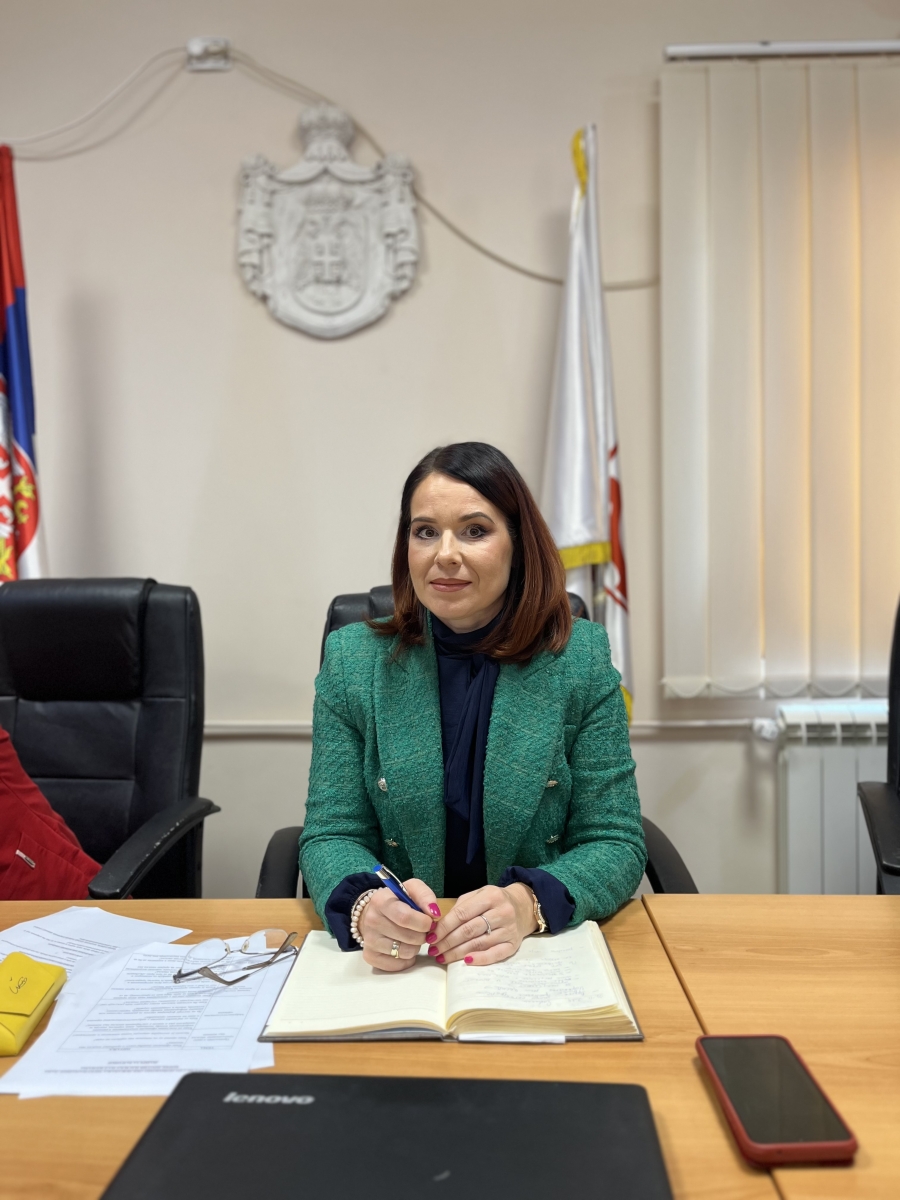Bela Palanka, 3 December 2024
Local perspectives
Social inclusion at the local level is often shaped by a unique blend of challenges, opportunities, and unwavering dedication from those driving change. In Bela Palanka, the path toward a more inclusive society has been marked by steady progress, particularly through the establishment of key services like the Personal Companion for Children, an initiative supported by the European Union through the EU PRO Plus Programme.
Marija Bošković, Municipal Councillor for Social Affairs in Bela Palanka, shared her insights on overcoming barriers to social inclusion, enhancing collaboration with the civil sector, and lessons learned through the programme’s partnership. From tackling mobility challenges to ensuring access to education for all, her perspective highlights the importance of perseverance and strategic planning in building local-level inclusion.
What are the biggest challenges in the municipality of Bela Palanka that you face in working on social inclusion and cohesion, and how do you overcome them?
The biggest challenges in Bela Palanka are related to securing financial resources, both for initiating new social services and for purchasing necessary equipment for existing ones, such as a transport vehicle adapted for people with disabilities.
What do you consider the most important achievement of the social services sector in the last five years?
The most significant achievement in our local social services sector is the establishment of the Child Personal Companion service and its continuous provision with an increasing number of users. The quality of the service has been improved by providing transportation for children who use wheelchairs, as well as transport for children attending the special School for Primary and Secondary Education "Mladost" in Pirot, along with their personal companions.
In your opinion, how can local social services, particularly in your municipality, be further improved to better support vulnerable groups?
The Home Help service could be enhanced by engaging healthcare professionals and introducing a personal assistant service.
Do you think that cooperation between the public and civil sectors in your municipality, and at the local level in general, is sufficiently developed? Where do you see room for improvement?
There is cooperation with organisations that provide social services in the community, but it could be improved if civil society organisations took the initiative to enhance programmes and introduce additional content for social service users.
How does the social inclusion sector in your municipality ensure that the specific needs of local communities are recognised and addressed through relevant programmes?
The social inclusion sector in Bela Palanka is guided by the goals set out in strategic local documents.
What personally motivates you to work in the field of social inclusion, and what would you say to young professionals aspiring to enter this field?
I see the field of social protection as an opportunity to contribute to improving the quality of life for citizens and social service users. This is also my message to young people.
What are the key lessons learned from cooperation with the EU PRO Plus programme that could benefit future social inclusion projects?
A thorough understanding of the challenges, continuous monitoring of programme implementation, and substantial expert support in achieving set goals.
